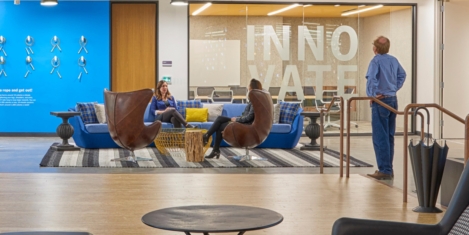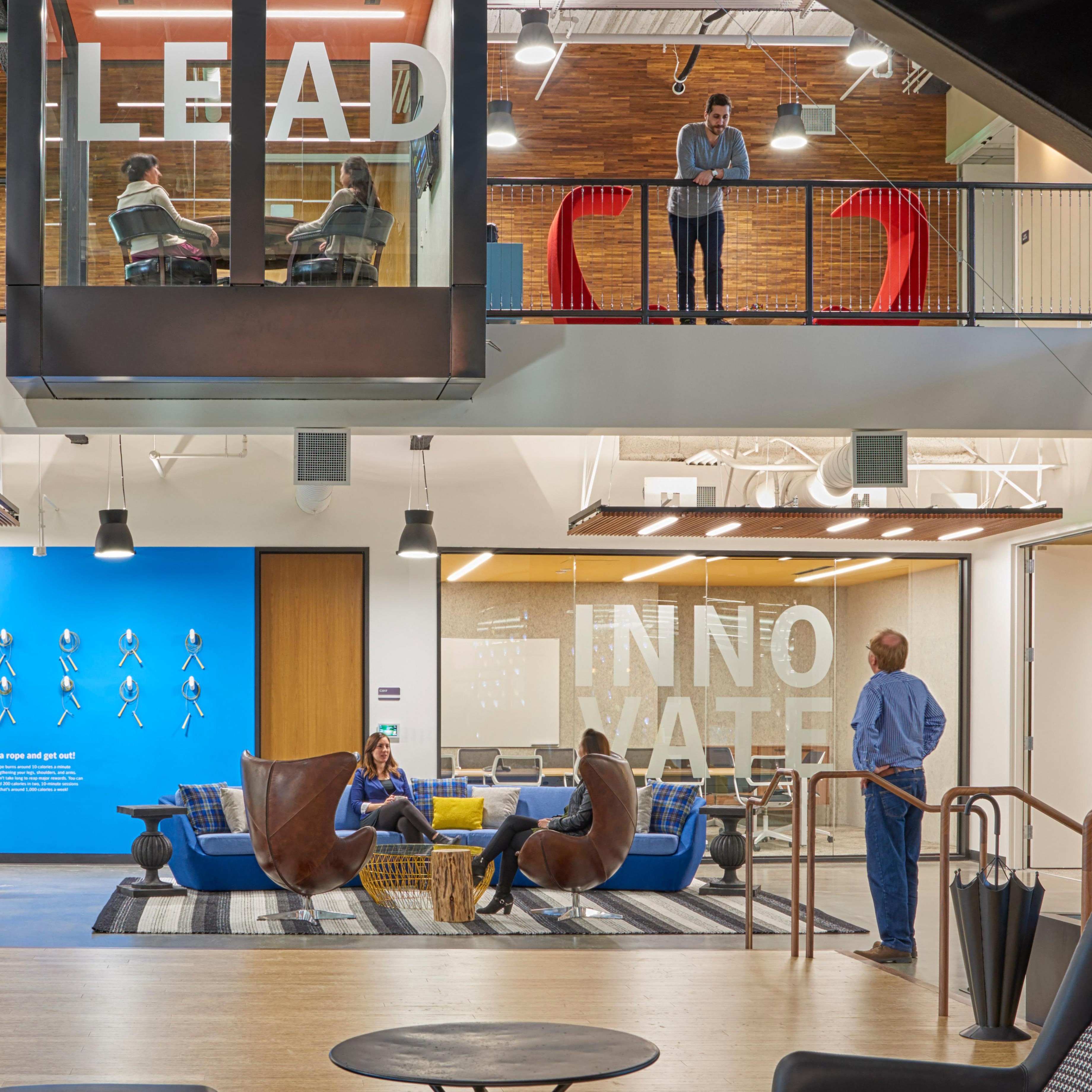January 6, 2020
Workplace gossip can be good for people – sometimes
 New research from The University of Salford’s Professor Kirk Chang, Professor of Human Resource Management, claims that workplace gossip can sometimes have a positive impact on employees. Published in the January 2020 issue of The Chinese Journal of Psychology, the study involved 307 employees in 24 companies operating in a range of industries in Taiwan. The research suggests that 61 percent of gossip in the workplace is positive, and while the impact is not hugely significant, it could be considered beneficial. Professor Chang concludes that by encouraging a more open attitude towards positive workplace gossip, water cooler chat should not be viewed as wasting time, but as an important mechanism for facilitating interactions and developing relationships. (more…)
New research from The University of Salford’s Professor Kirk Chang, Professor of Human Resource Management, claims that workplace gossip can sometimes have a positive impact on employees. Published in the January 2020 issue of The Chinese Journal of Psychology, the study involved 307 employees in 24 companies operating in a range of industries in Taiwan. The research suggests that 61 percent of gossip in the workplace is positive, and while the impact is not hugely significant, it could be considered beneficial. Professor Chang concludes that by encouraging a more open attitude towards positive workplace gossip, water cooler chat should not be viewed as wasting time, but as an important mechanism for facilitating interactions and developing relationships. (more…)






































